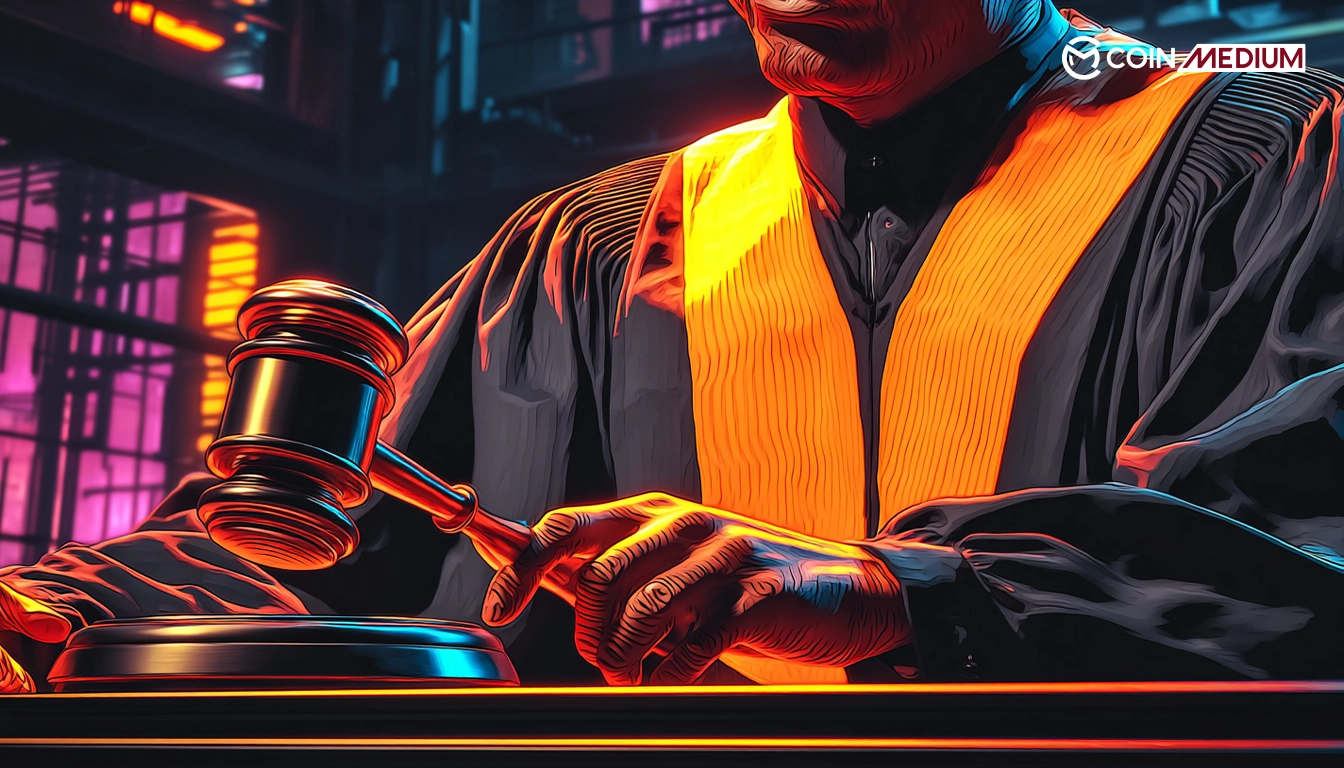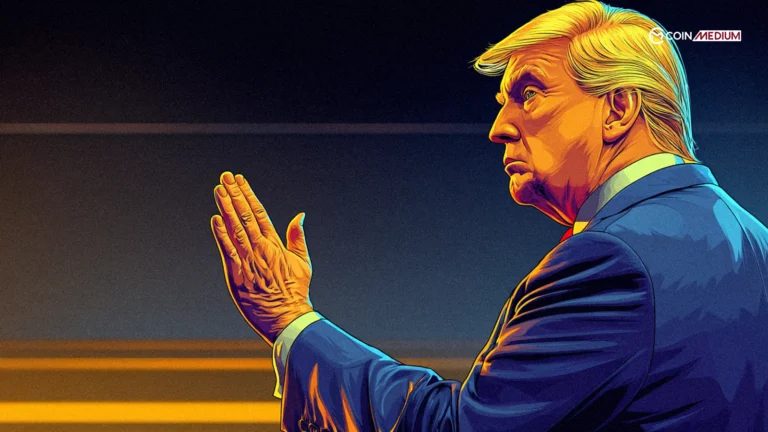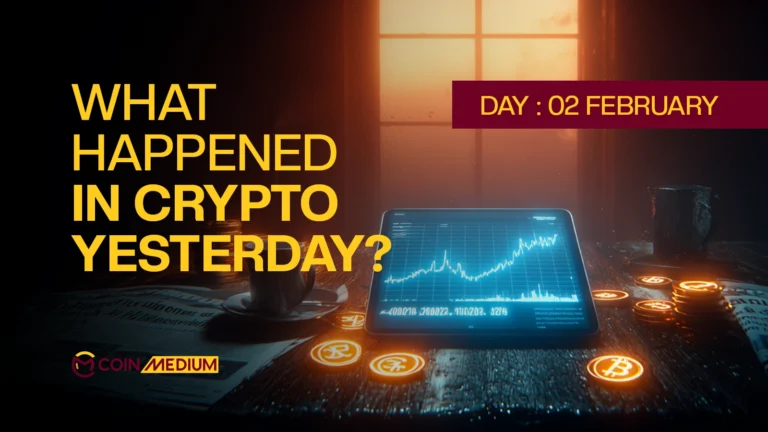Once hailed as a crypto wunderkind and billionaire visionary, Sam Bankman-Fried is now a disgraced mogul preparing for the most pivotal legal showdown of his life. The former FTX CEO, whose rapid rise and catastrophic downfall shook the financial world, is approaching what could be his final chance to avoid a 25-year prison sentence. On November 4, he will face a panel of federal appeals judges in a high-stakes hearing where his freedom hangs in the balance, and where allegations of prosecutorial misconduct will take centre stage.
The U.S. Court of Appeals for the Second Circuit has scheduled oral arguments in a case that could reshape one of the most significant white-collar criminal convictions in recent history.
Sam Bankman-Fried, the founder of collapsed crypto exchange FTX, was convicted in November 2023 on seven counts of fraud and conspiracy for orchestrating a scheme that diverted billions of dollars in customer funds to cover trading losses, fund political donations, and enrich himself and close associates.
The upcoming hearing will review arguments from his legal team, who claim that procedural errors and prosecutorial misconduct during the trial warrant a reversal or retrial.
Legal experts view this appellate hearing as Bankman-Fried’s most viable path to freedom. Unlike his original trial, where he faced overwhelming evidence of fraud and conspiracy, the appeals process focuses on procedural errors and constitutional violations that his defense team claims tainted the proceedings from the start.
Defense Challenges Foundation of Original Trial
Bankman-Fried’s attorneys have crafted their appeal around two explosive allegations that strike at the heart of America’s justice system. They argue prosecutors violated their client’s presumption of innocence — a fundamental constitutional guarantee — and deliberately misled jurors about the nature of customer losses at FTX.
The defense contends that government lawyers painted a “false narrative” suggesting customer funds vanished permanently when significant recovery efforts were already underway. This distinction proves crucial because it directly impacts the severity of the crimes and corresponding penalties under federal sentencing guidelines.
“The prosecution constructed their case on the premise that customer funds were irretrievably lost,” defense attorneys argued in their September filing. This characterization, they claim, influenced both the jury’s verdict and the judge’s harsh sentencing decision.
Federal Prison Becomes Temporary Home
Currently serving his sentence at the Metropolitan Detention Centre in Brooklyn, New York, Sam Bankman-Fried has adapted to a dramatically different reality from his former life as a billionaire tech entrepreneur. Prison records indicate his earliest possible release date is December 14, 2044 — nearly two decades away.
In March 2025, Sam Bankman-Fried was briefly transferred from the Metropolitan Detention Centre (MDC) in Brooklyn, New York, to the Federal Transfer Center in Oklahoma City, a transit hub, before being returned to MDC Brooklyn by June 2024 to assist with his ongoing appeal. His East Coast legal proceedings continue, as he challenges his conviction and 25-year sentence.
Presidential Pardon Speculation Grows
Sam Bankman-Fried, once a major cryptocurrency figure, has started praising Republicans and criticizing Democrats, likely hoping to win a pardon from President Donald Trump. Trump recently freed Ross Ulbricht, who ran an illegal online drug marketplace called Silk Road, on January 21, 2025. This move has encouraged other jailed crypto figures, like Bankman-Fried and his supporters, to ask for similar freedom. However, many believe Bankman-Fried’s chances are slim because he doesn’t have the same strong backing from the crypto community as Ulbricht did.
Bankman-Fried’s February interview revealed his willingness to embrace conservative political positions — a stark departure from his previous Democratic Party associations and substantial campaign contributions to candidates during the 2020 election cycle.
However, the former FTX chief executive faces significant political headwinds. His case has attracted bipartisan condemnation, and his previous donations to Democratic candidates may complicate any pardon considerations from a Republican administration focused on cryptocurrency reform. His case now stands as a cautionary tale for the risks of unchecked power in the crypto world.







